The enactment of Strategic Trade Control Act No. 10697 is a realization of the Philippines’ commitment to comply with United Nations Security Council Resolution No. 1540, adopted by a majority of member states in 2004, which requires member states to develop and implement strategic trade control measures to prevent the development/proliferation of nuclear, chemical or biological weapons and their acquisition, sale and transfer. Act No. 10697 is the legal framework for strategic trade control in the Philippines.
Article 2 of Law No. 10697 states that it is the policy of the State of the Philippines to be free of weapons of mass destruction (WMD) in its territory, consistent with the national interest, ensuring compliance with international commitments and obligations, including United Nations Security Council Resolution No. 1540, to develop and implement effective measures to create legal corridors and domestic management mechanisms to prevent the development and proliferation of weapons of mass destruction and their transfer; and to maintain international peace and security; and to encourage economic development by promoting trade and investment through the control of the purchase and sale of strategic commodities and the supply of related services.
Law No. 10697 applies to (i) any natural or individual conducting business within the territory of the Philippines that engages or intends to engage in the export of strategic commodities from the Philippines, including special economic zones and free export terminals, the importation of strategic commodities into the Philippines, or the transportation or carriage of strategic commodities through the territory of the Philippines and the provision of related services; and applies to all Filipinos who provide such services regardless of where they are located; and (ii) the re-exportation to another country of strategic commodities that have been imported into the Philippines.
Regarding the structure and implementation mechanism, Article 6 of Law No. 10697 stipulates the Central Control Agency, according to which a Standing Committee under the National Security Council (NSC) named the Strategic Trade Management Committee (NSC-STMCom) is the central control agency authorized to manage and decide on all matters related to the purchase and sale of strategic goods, with the composition including (1) a senior standing Minister as Chairman of the Committee; (2) the Minister of Industry and Trade as Vice Chairman of the Committee; and members of the Committee include (3) the Minister of Foreign Affairs; (4) the Minister of Justice; (5) the Minister of National Defense; (6) the Minister of Internal Affairs and Local Government; (7) the Minister of Finance; (8) the Minister of Transport; (9) the National Security Advisor; (10) Minister of Natural Resources and Environment; (11) Minister of Science and Technology; (12) Minister of Agriculture; (13) Minister of Health. The total number of members of the Committee is 13 members.
Members of the Committee who are not the Chairman or Vice Chairman may delegate their representative to participate in the Committee membership to individuals with a position not lower than Deputy Minister in their agency. Every 05 members of the Committee shall be allowed to establish a subcommittee to decide on an issue related to strategic trade transactions.
The Program Management Center (PMC) of the Anti-Terrorism Council (ATC) serves as the Secretariat.
Law No. 10697 also provides for the establishment of the Strategic Trade Management Office (STMO) under the Ministry of Industry and Trade, which is the agency directly implementing strategic trade control policies.
The list of goods under strategic trade control includes (i) military products/goods, which are products/goods, software and technical technology researched, designed and manufactured for military purposes; (ii) dual-use products/goods, which are products/goods, software and technical technology used for both civilian and military purposes; and (iii) state-controlled products/goods, which are products/goods controlled by the state for reasons of national security, foreign policy, counter-terrorism, crime control and community security.
The licensing process for the purchase and sale of strategic goods includes registration (for products on the strategic trade control list). The Office of Strategic Trade Management under the Ministry of Industry and Trade receives registration dossiers to determine whether the products/goods are on the strategic goods list or not. If the products/goods are on the strategic goods list, this agency will grant or refuse permission for import.
Serving and supporting the operations of the NSC-STMCom Strategic Trade Control Committee include the relevant agencies (i) the Bureau of Customs under the Department of Finance; (ii) the Bureau of Animal Health under the Department of Agriculture; (iii) the Food and Drug Administration and (iv) the Bureau of Quarantine under the Department of Health; (v) the Nuclear Research Institute and (vi) the Information and Communications Technology Bureau under the Department of Science and Technology; the agencies (vii) the Philippine Army, (viii) the Philippine National Police, (ix) the Philippine Coast Guard, (x) the Traffic Safety Bureau under the Department of Transportation, (xi) the Bureau of Investigation under the Department of Justice, (xii) the Office of the Attorney General under the Office of the President, (xiii) the Special and Criminal Extradition Bureau, and other necessary agencies.
Violations of regulations on strategic trade control may be subject to administrative or criminal sanctions depending on the nature and severity of the violation.
Source: https://moit.gov.vn/tin-tuc/thi-truong-nuoc-ngoai/philippines-va-mo-hinh-quan-ly-thuong-mai-chien-luoc.html





![[Photo] Prime Minister Pham Minh Chinh chairs conference on anti-smuggling, trade fraud, and counterfeit goods](https://vphoto.vietnam.vn/thumb/1200x675/vietnam/resource/IMAGE/2025/5/14/6cd67667e99e4248b7d4f587fd21e37c)



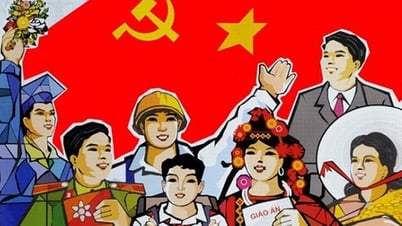




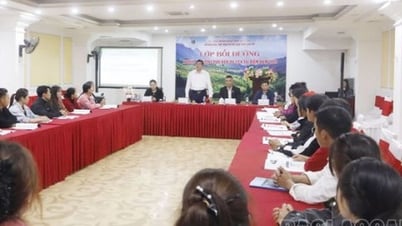




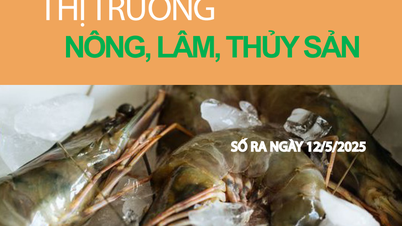

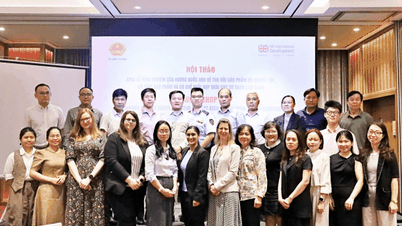

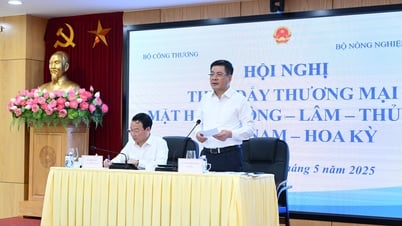
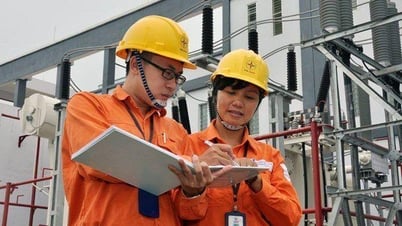







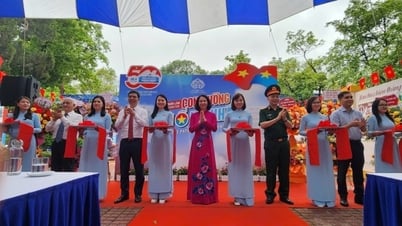

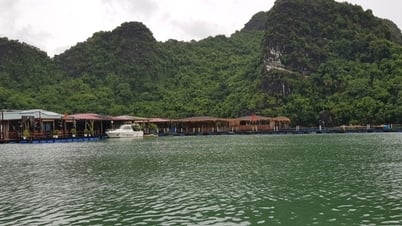













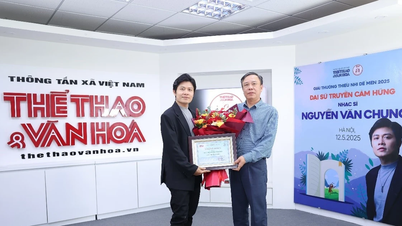












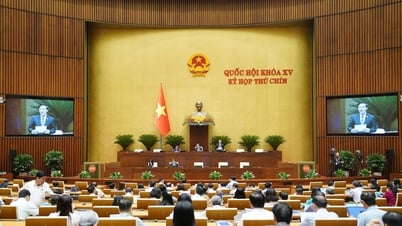



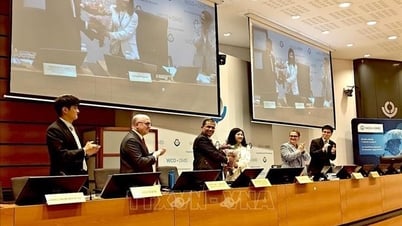


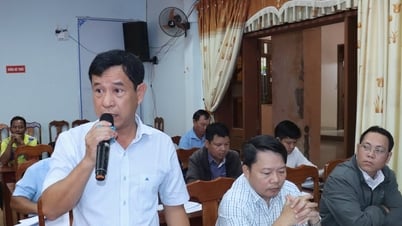



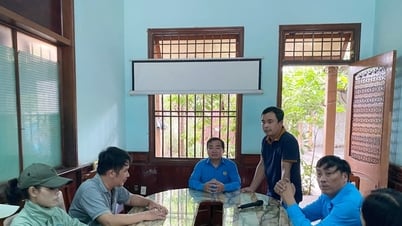
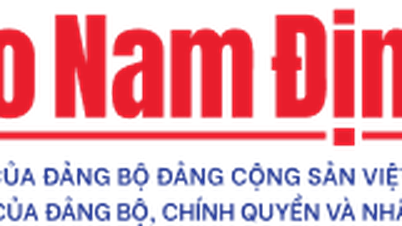

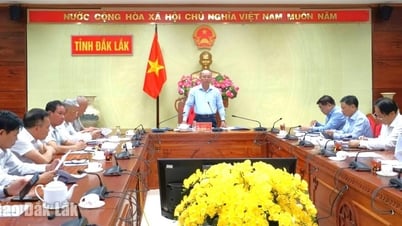










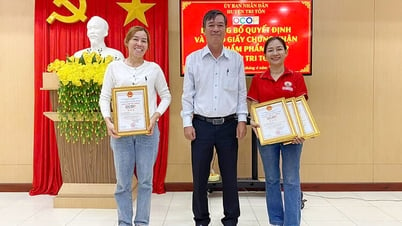



Comment (0)